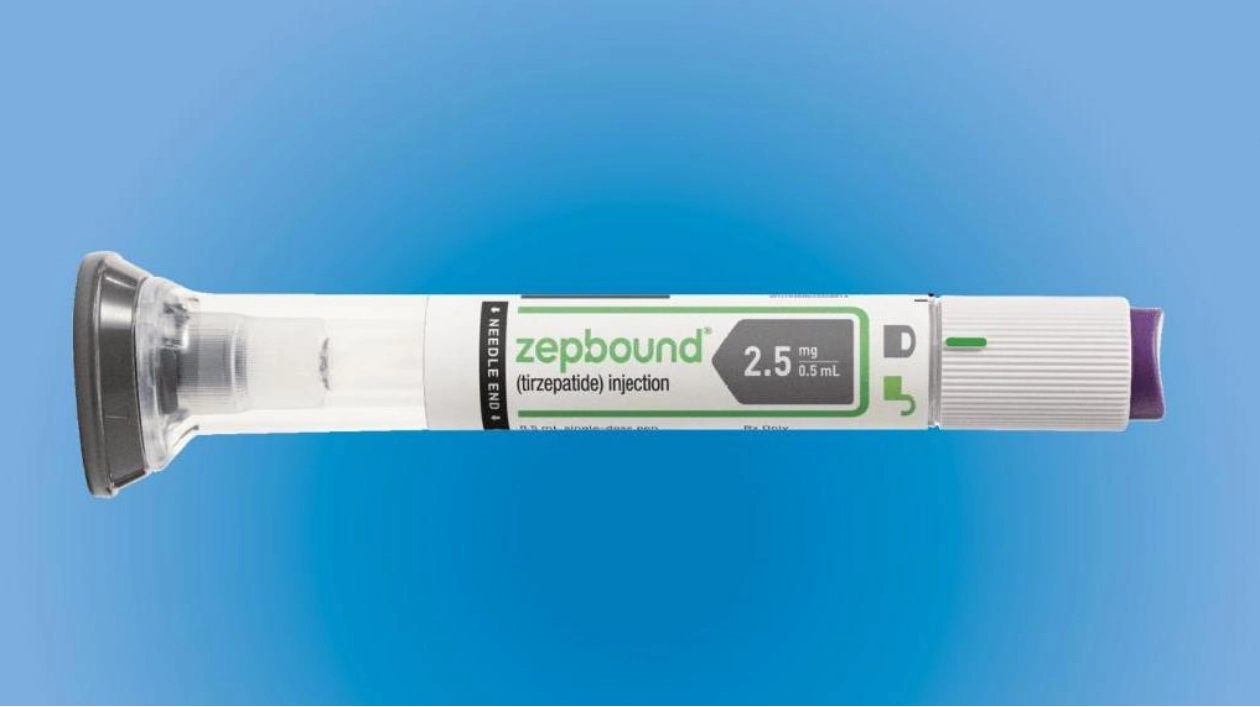CHICAGO — New clinical trial results on the diabetes and obesity drug tirzepatide have doctors buzzing about its potential to treat heart failure, maintain weight, and prevent type 2 diabetes. Tirzepatide, sold under the brand names Mounjaro (for type 2 diabetes) and Zepbound (for weight loss), is a close relative of semaglutide, the active ingredient in the popular medications Ozempic and Wegovy.
In a recent tirzepatide study, the majority of participants remained diabetes-free after three years of using the drug. On average, those on the highest dose lost nearly 20 percent of their body weight, according to a report published on November 13 in the New England Journal of Medicine. Another study presented on November 16 at the American Heart Association meeting and in the New England Journal of Medicine found that tirzepatide provided some protection against further heart issues in individuals with heart failure.
These findings bolster the evidence supporting tirzepatide’s efficacy and safety, according to Susan Yanovski, a physician and nutrition specialist at the National Institute of Diabetes and Digestive and Kidney Diseases. This is crucial for conditions where millions of people may be taking these drugs long-term.
Both tirzepatide and semaglutide mimic GLP-1, a hormone that regulates blood sugar and appetite. However, tirzepatide also mimics GIP, another hormone, which may enhance its effects. Clinical trials have shown that people tend to lose more weight on tirzepatide than on semaglutide. The long-term data from the SURMOUNT-1 trial revealed that participants lost between 12 and 20 percent of their body weight, with only about one percent developing diabetes compared to 13 percent in the placebo group.
New results from the SUMMIT trial suggest that tirzepatide can benefit some people with heart failure, particularly those with preserved ejection fraction. The trial found that those on the drug were less likely to experience cardiovascular deaths or worsening heart failure compared to the placebo group. While the drug did not reduce overall mortality, it improved patients' quality of life, allowing them to walk farther and report better overall well-being.
These outcomes are significant, especially for patients who prioritize feeling better over living longer. The trial results also indicate that GLP-1s may offer heart benefits beyond weight loss. MRI images from the SUMMIT trial showed that tirzepatide reduced heart weight and surrounding fat, potentially explaining its benefits in heart failure patients.
However, both tirzepatide and semaglutide come with significant side effects, including gastrointestinal issues, and many patients discontinue the drugs within a year. It is also unclear who exactly might benefit most from these treatments. Physicians must closely monitor patients to ensure they tolerate the drugs well and can safely increase the dosage.
Source link: https://www.sciencenews.org






